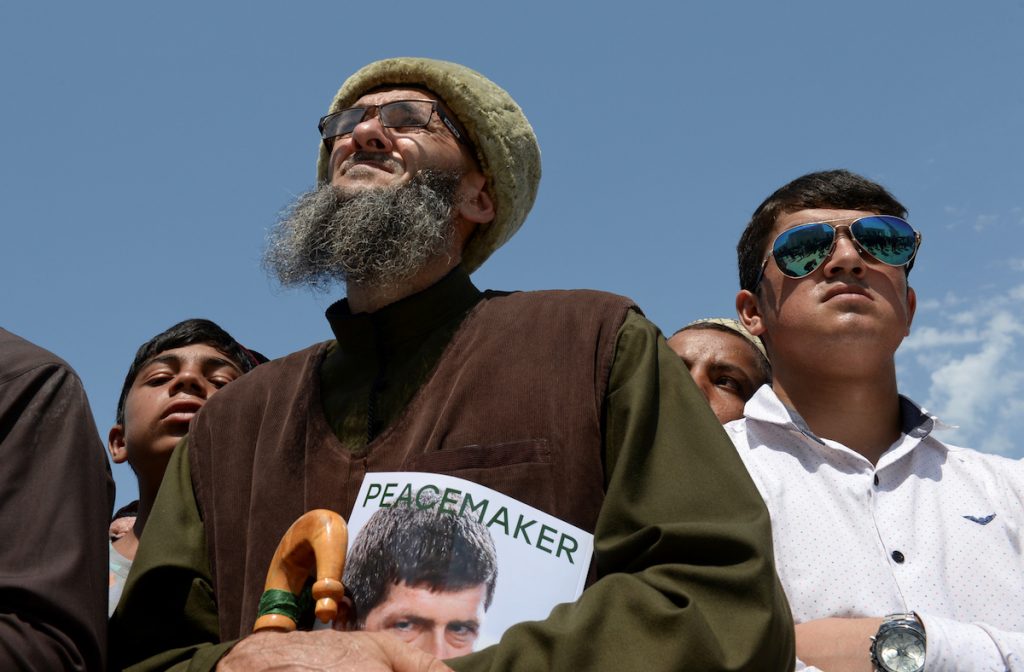Chechnya closes borders for quarantine
All entry and exit from Chechnya will be prohibited starting April 5, following a decision made by local authorities on April 1. As often is the case in Chechnya, the important announcement was first published on Instagram by the head of the republic, Ramzan Kadyrov.
“After April 5, entry and exit from the republic by both land and air will be completely closed, except for food and medical transportation, and we will begin sanitizing populated areas,” said Kadyrov.
He stressed that everyone who wants to return to Chechnya or leave the area must do so by April 5th. If someone urgently needs to leave Chechnya after the borders are closed, the authorities will decide each issue individually.
The news alarmed local residents, especially those planning to come to Chechnya after April 5th. Some write that they are hospitalized outside the republic and will be discharged after Chechnya closes its borders.
The very day local residents learned about the impending changes, a patient diagnosed with coronavirus died in Chechnya. It was reported that the woman was 82 years old and she became infected in Moscow when visiting her daughter.

Kadyrov’s attitude to the coronavirus threat has noticeably changed over the course of the last month. In the first half of March, he compared Covid-19 with the flu, and recommended that everyone worried about their health should eat garlic and drink honey lemon water to strengthen their immunity.
Just a few weeks later, Kadyrov began to demand residents of the republic adhere to a strict quarantine, equated coronavirus carriers with terrorists, and demanded that quarantine violators be imprisoned, starved, and buried in a pit. Independent Russian newspaper Novaya Gazeta reported that police officers armed with batons were instructed to “keep order” in Chechnya, but local authorities denied this claim.
On March 30, the 14-day quarantine period expired for the first group of Chechen residents who came back from “high-risk” countries and regions of Russia.
Those who were quarantined and their neighbors told Caucasian Knot about what the conditions they faced.
“They hung an announcement on the entrance to our apartment complex saying that some of the people living here were under quarantine and should not be contacted at all, and that if anyone saw them violating their quarantine, they should immediately inform the local police. Even their relatives were not allowed to visit. They could only talk on the phone or through the window. The police were constantly patrolling outside. It was basically house arrest,” said Magomed, a resident of Grozny.
“There were police constantly on guard in the yard outside. It turned out one of the neighbors in our apartment building had recently returned from a trip and was put under quarantine. They posted a note on their door saying that they were prohibited from leaving. Their family handed them groceries through the window — it’s a good thing they lived on the first floor. Even the entrance to the apartment building has a sign posted saying that some residents inside are under quarantine and that family members bringing them food should leave it at the door and not make any contact. It also said that if they violated the quarantine, we should call the local police,” shared Fatima, another Grozny resident.




















